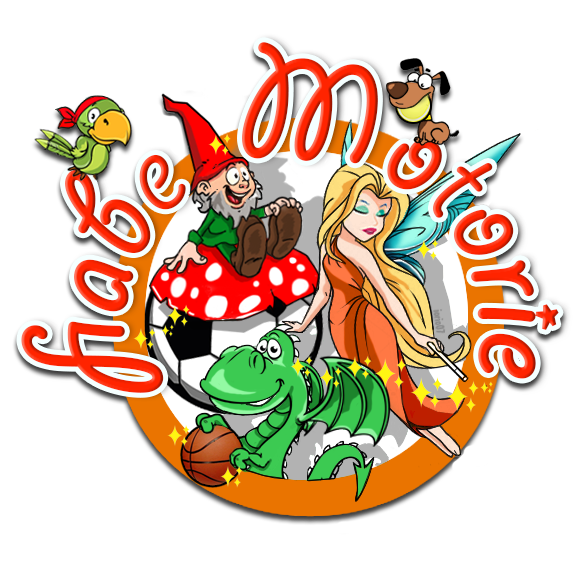What is Inhibition?
Inhibition is the ability for an individual to control our impulsive responses and use reason and logic to respond appropriately. For example, we utilize our inhibitory control every day without even realizing when we choose not to eat the ice cream in the fridge because we know it is unhealthy, or when we refrain from using inappropriate language in front of our parents. Inhibition is a response that blocks our inappropriate automatic reaction, and helps to initiate a better more appropriate response to a given situation. The ability to filter out our thoughts and actions is important in practicing self control. Pristine inhibitory control is an essential function as it allows us to successfully interact with the world.
Scientific discoveries have proved that the region of the brain known as the prefrontal cortex (PFC) plays a critical role in an individual’s inhibitory control. People who have experienced injury to their prefrontal cortex performed more poorly in a task designed to test their inhibition than those who did not have injured prefrontal cortex’s. The study reiterated that the prefrontal cortex is the region of the brain responsible for inhibitory control functionality.
Studies have also identified the relationship between inhibitory control and early childhood maturation of the prefrontal cortex. The prefrontal cortex is a region of the brain that continues to mature well into young adulthood. Poorly developed inhibitory control has been observed in children with disorders such as ADHD, ADD, and OCD. Children with conditions such as these typically have damaged prefrontal cortex’s, which in turn results in poorly functioning inhibitory controls.
How Does Inhibition Relate to Early Executive Functionality?
Inhibition is an important cognitive function that allows us to anticipate events, plan actions, and make decisions. In fact, our inhibitory control is one of the bodies Executive Functions. Our inhibitory control is an essential mechanism necessary for controlling our impulses and regulating our emotions and responses. Without a properly functioning inhibitory control, the rest of our executive functions such as our emotion, planning, initiating, or organization would not function properly.
Children who suffer weak inhibition functionality typically have disorders such as ADHD. As a result of the condition, inhibition deficiency is evident in poorly functioning motor control, impulsive behaviors, and poor attention span.
In order to fully develop our inhibition skills, a child must exercise this function from an early age. A well developed inhibitory control is essential to good behavior and making good choices. Such lessons must be instilled in a child from a very young age. If inhibitory control is not exercised, a child will develop risky and unsafe behaviors, which may be difficult to correct later on in development. It is typical for children to have difficulty managing their behavior – many children tend to be fidgety, have short attention spans, and react irrationally. This is okay and very normal for young children who’s frontal brain structures are still maturing. As we grow up, so does our inhibitory control. We learn from past experiences and continue to improve our behavior and learn from our mistakes throughout our whole lives. Inhibitory control is a function vital to many aspects of our life. In order to develop your child’s inhibition, remember to instill good advice, act as a mature role model, and expose your child to a variety of experiences that they can grow and learn from.
By Sophie Verra
Resources:
https://www.cognifit.com/science/cognitive-skills/inhibition
https://www.ncbi.nlm.nih.gov/pmc/articles/PMC4084861/
http://psychology.iresearchnet.com/developmental-psychology/learning-and-memory/inhibitory-control/



